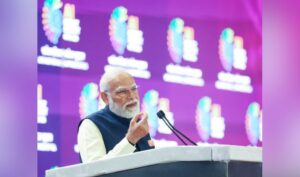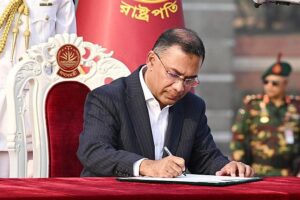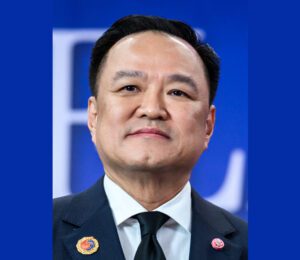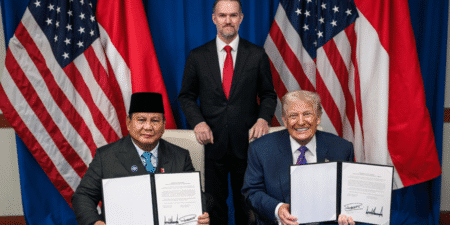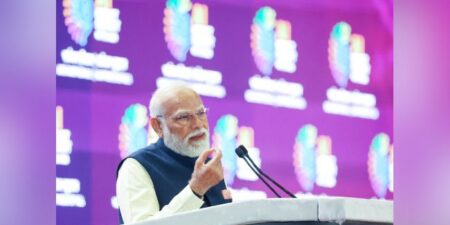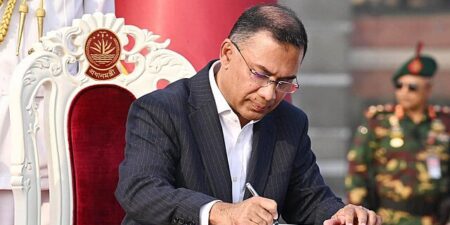
Prabowo’s First Major Reshuffle Removes Finance Minister Sri Mulyani
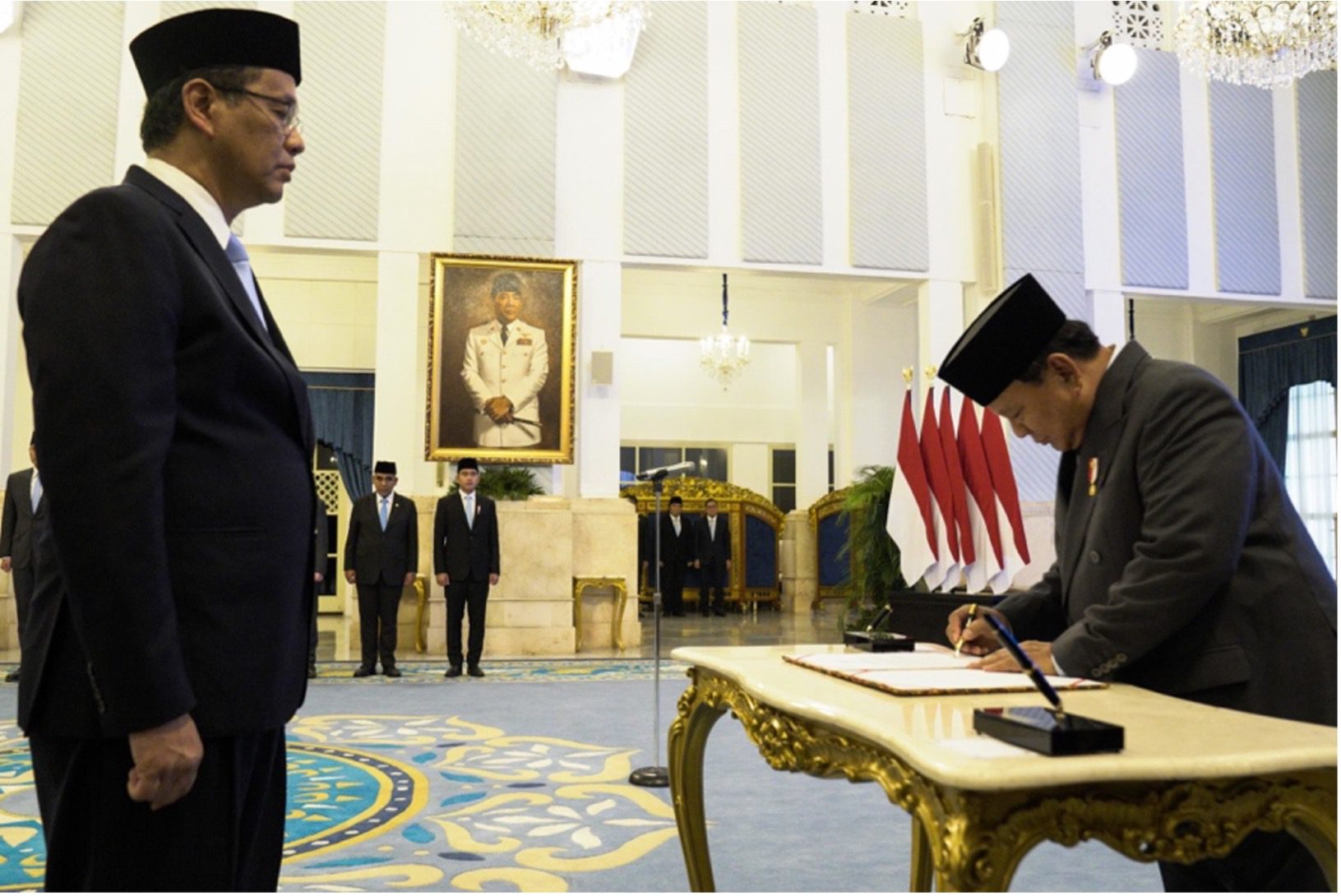
The BGA Indonesia team, led by Managing Director Douglas Ramage, wrote an update on Indonesia’s recent cabinet reshuffle.
Context
- President Prabowo Subianto carried out his first major cabinet reshuffle September 8, removing long-time Finance Minister Sri Mulyani Indrawati. She was replaced by Purbaya Yudhi Sadewa, chair of the Deposit Insurance Corporation. Sri Mulyani, who served as finance minister for over 13 years across three administrations, had become a symbol of macroeconomic stability and fiscal prudence. Yet her conservative approach was increasingly out of step with the expansionary policies defining the Prabowo era, and her influence had diminished. Recent controversies over parliamentary pay and tax policies — which culminated in violent protests and the ransacking of her home — hastened her departure.
- Purbaya’s appointment signals the emergence of a Finance Ministry increasingly aligned with Prabowo’s priorities, marking a further shift from strict post-Asian financial crisis conservatism. This shift was already presaged by the 2026 budget proposal, which is expected to pass largely intact and channels massive allocations to initiatives such as free meals and significantly higher defense spending. While Minister Purbaya will not shape the budget proposal itself, he will oversee its execution and the policies — such as tax collection and bond issuance — needed to deliver it. Markets responded negatively to the reshuffle, with stocks falling over 3 percent over two days and the rupiah weakening against the U.S. dollar, reflecting broader anxieties over a decline in prudent spending, although fears of runaway deficits are overstated.
Significance
- On paper, Purbaya is professionally and academically qualified for the post, although he is seen as an unconventional yet reasonably sound choice. A source close to the Palace described him as capable and unlikely to destabilize the situation, although not seen as a driver of sweeping reforms. He holds a doctorate in economics from Purdue University in the United States and began his career at state-owned investment bank Danareksa, where he once headed its brokerage arm, before moving into government.
- In his first remarks as minister, Purbaya underscored that Prabowo has tasked him with pursuing 8 percent economic growth — an objective viewed by credible observers as distant. He argued that such growth is possible within two to three years, though the immediate target is 6 percent. His overarching vision is for both public spending and private credit expansion to drive growth in tandem — a balance he said neither Yudhoyono nor Jokowi achieved — alongside more effective use of fiscal resources. He admitted surprise at his appointment, having been informed only hours before being sworn in, and has yet to outline a detailed strategy. Nonetheless, sources familiar with him describe Purbaya as broadly market-friendly and committed to strengthening the role of the private sector.
Implications
- Beyond the change at the Finance Ministry, the reshuffle has largely underwhelmed observers for its limited scope. It brought new leadership at the Coordinating Ministry for Political and Security Affairs, the Ministry of Cooperatives, the Ministry for the Protection of Indonesian Migrant Workers and the Ministry of Youth and Sports. The president also elevated the Hajj Management Authority into a ministry. The reshuffle followed a wave of violent protests — the most significant political and security crisis in recent memory — which had fueled expectations of reforms. Prabowo had promised to remove underperforming ministers six months into his presidency, but 11 months on, he held back from making major changes.
- While the 2026 budget has already been tabled, observers will be watching closely for Purbaya’s willingness to make reallocations during the budget cycle to further support the president’s signature programs, including free meals and the establishment of village cooperatives. The need to significantly increase tax collection to deliver the government’s targeted 19 percent revenue growth is also being closely watched. At the same time, financial sector players worry that a finance minister seen as a presidential loyalist could add pressure on Bank Indonesia to share the burden of funding government programs through interest subsidies, potentially eroding the central bank’s independence.
We will continue to keep you updated on developments in Indonesia as they occur. If you have any questions or comments, please contact BGA Indonesia Managing Director Douglas Ramage at dramage@bowergroupasia.com.
Best regards,
BGA Indonesia Team

Douglas E. Ramage
Managing Director
Doug is the founding managing director of BowerGroupAsia Indonesia and a leading authority on Indonesia’s political, business and investment landscapes. With over 30 years of experience working in Indonesia, Doug has established himself as a trusted advisor to major global companies and the government, advancing policies that drive competitiveness, investment and market access, including in the healthcare, information and communication technology, energy, consumer goods, education and finance sectors. His approach to advocacy emphasizes win-win solutions that align with government priorities and contribute to Indonesia’s development. Doug concurrently serves as vice chair of the Indonesia Committee at the US-ASEAN Business Council. ... Read More
×


















